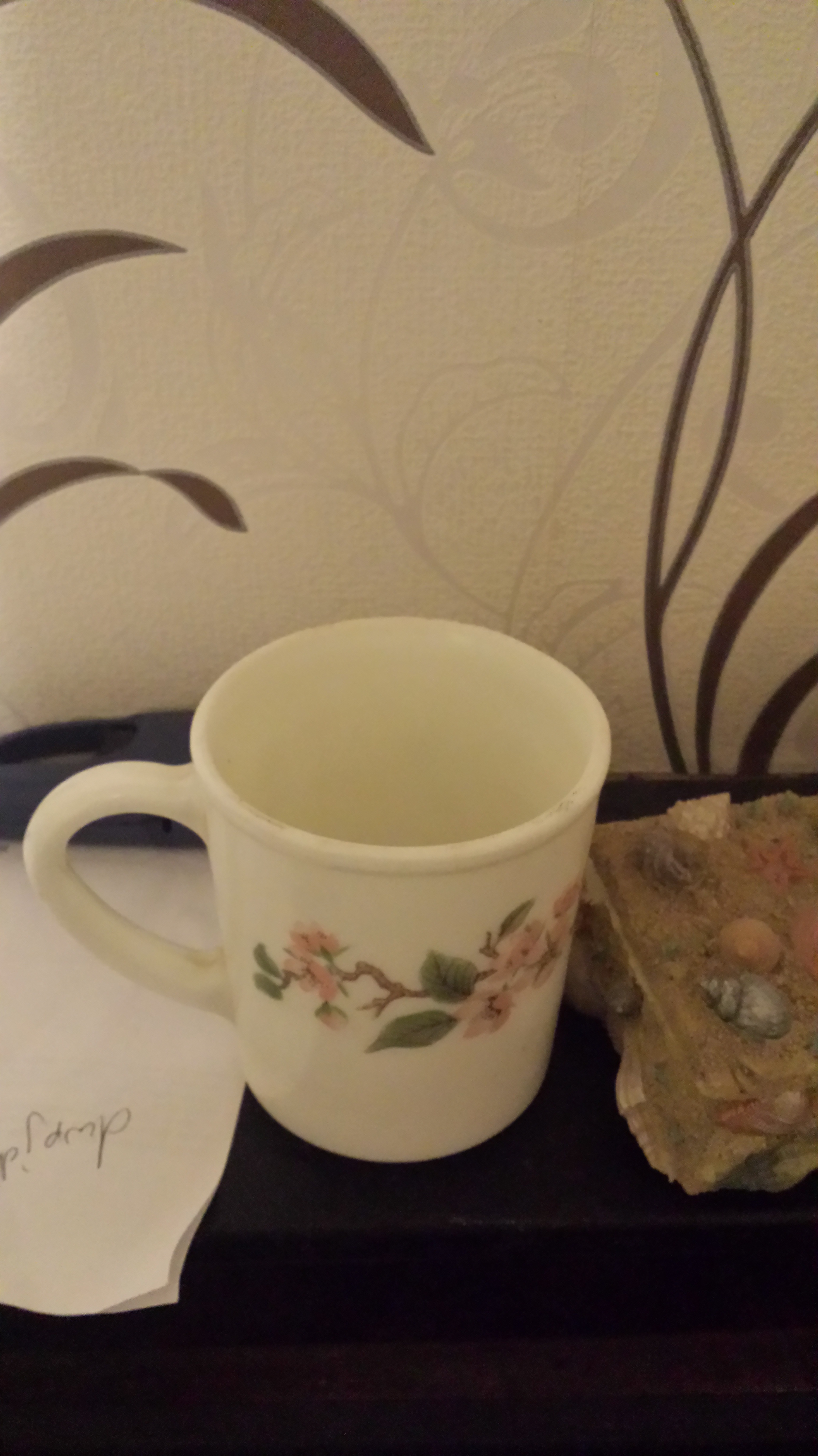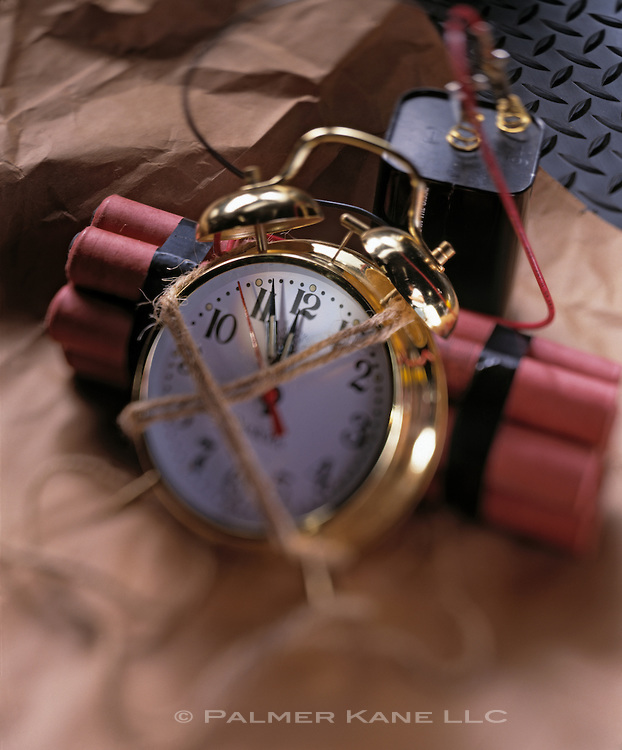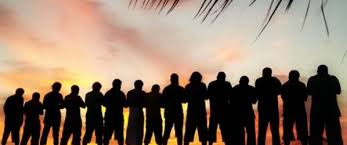In memory of my late father, Haji NazirAhmed Daud Satia (Allah illuminate his grave).
The Eyes Tear,
The Heart is in Pain,
But (with my tongue) I will only say that which is pleasing to Allah,
And we are indeed sad at your departure.
![20151212_154603[1]](https://mylittlebreathingspace.files.wordpress.com/2015/11/20151212_1546031.jpg) Dear Abba,
Dear Abba,
Today, 27th November 2015 we commemorate two years after you returned to Allah SWT. Two years since you left an empty spot in our hearts. Two years of grief, sorrow, memories and much patience. Two years since a vacuum has not been filled and indefinitely will not be filled. Simply because I believe you were not just a father and a grandfather. You were a unique man, a resilient, robust, righteous man. You were a man that stood up for his people, you stood up for what was right, if the whole world was against you. That’s all I saw for 28 years. There were and are few men in the world like you, but the world needed such great men, and still does.
A man asked the Prophet, when he had put his leg in the stirrup: “Which kind of Jihad is best?'” He said: “a word of truth spoken before an unjust ruler.” (Nisa’i)
People talk about Umar (Radhiy Allaho Anho) – who most certainly was a great man of justice and principles. People talk about Malcolm X (Rahimahullah) who was an advocate of truth and equality. These are my heroes too!
But Abba, I need not look far, when I had a role model in front of my own eyes. You taught us morals, values, justice and principles.
You taught us the true way of life.
You taught us how to defend and stand up for ourselves in the cruel and evil world we live in.
You taught us how money and power changes the best of people, and not to be materialistic. Rather keep a heart; a loving heart, a giving heart, a forgiving heart.
You taught us, rather reminded us how when you and your parents came from India, you had nothing. So be grateful for what we have as it is all from Allah, if you show ingratitude – He will take it away! Likewise, we came with nothing and we will leave this world with nothing.
The most amazing thing you taught us, was conviction in Allah. Something which even the most knowledgeable of people lack in this day and age. Your Yaqeen – that Allah does everything and how Allah’s help comes, was admirable.
Such were the lessons we learnt.
“That is Allah’s grace which He bestows on whom He wills, He is the Owner of Mighty Grace.” (62:4)
Abba, it is said in history books, Khattab the father of Umar (Radhiy Allaho Anho) was known for reconciling between tribes and his own people. Allah SWT made his son a leader, an Imam of justice and Taqwa. When I read this, I remembered you. You spent your entire life reconciling between people. How many marriages did you save, how many brothers and sisters who had stopped talking did you unite, and how many transactions did you witness to be carried out fair and honest. You never feared losing respect and honour, rather you did what was right. A great example of the verse below:
“You honour whom You will and You degrade whom You will. In Your hand is [all] good. Indeed, You are over all things competent.” (3:26)
You always prayed to Allah (and taught us too), to keep you independent. Never reliant upon anyone but Him. Allah granted this desire of yours.
No doubt, you were a respected and honourable man. A community man who was noble and worthy. A selfless and self-sacrificing man. A man who was principled and upright.
Ahumdu Lillah! All praise be to Allah (alone) for all of that.
Abba they say, “How you live is, how you will die.” Well, we certainly saw that in your life Ma Sha Allah! You spent over 20 years as a Chairman of the Sunnat Jamat in India. It was your life, your soul, your everything. And the last thing you did before your demise, you were in a meeting for the Sunnat Jamat, which went on half way through the night. Which inevitably was the cause of your heart attack. It is fair to say, you died fighting for what was right, for justice, for a cause you spent most your life doing.
Abba, you engaged and participated in many noble causes throughout your life, you were a generous and charitable man. You initiated many projects particularly in India, your birth place and it was always at the centre of your heart and mind.
The Messenger of Allah (ﷺ) said:
“Whoever starts a good tradition which is followed, then for him is a reward, and the likes of their rewards of whoever follows him, there being nothing diminished from their rewards. (Tirmidhi)
This was eloquently said in the speech given Mawlana Abul Qasim Saheb (Hafidhahullah), at your funeral. His words were loud and clear,
“Today we are bidding farewell to a good man, rather a good ‘friend’ to us all. He will surely, most definitely be missed. He was a religious, holy and spiritual man. He was devout and sincere. He took his people forward, he brought them together, and he was the epitome of unity. He cared for one and all, he was the height of brotherhood. A man of Da’wah and Tabligh. He was concerned and always asking about our Darul Uloom (Markaz, Dewsbury). His greatest worry was regarding the ‘Watan’ – India. As he felt he owed it to the people left behind, so they can better their lives just as we had done (in the UK). He would visit India every year but would not return until he had accomplished a new project or finished an old one.”
Abba, it was hard on your funeral day. I remember it like it was yesterday. There were scores of people at the Janazah – Fa Lillahil Hamd! It was hard to sprinkle the soil on your face and see you for the last time. People had travelled from all over the country, those who you kept good connections with. Something else you instilled and embedded in our hearts and minds, to keep good ties with people and particularly those who had favours (Ihsan) upon you.
Aishah RA who said: “The Prophet SAW said,
‘If a Muslim dies and his funeral prayer is attended by a group of a hundred Muslims, and they all sincerely pray for his forgiveness, he is forgiven’. (Ahmad, Muslim, and Tirmidhi)
Ibn ‘Abbas RA reported: “I heard the Prophet SAW saying:
‘If a Muslim dies and a group of forty people, who do not associate any one with Allah, pray for him, their prayer is accepted and he is forgiven’.” (Ahmad, Muslim, and Abu Daw’ud)
Abba, there were many signs of your ‘good death’. We all heard you praying and doing Dhikr as you lay in the hospital bed. Friends of mine who came to visit you said they heard you reading the last few Surahs of the Qur’an. Throughout your life you constantly did Dhikr and had a Tasbih in your hand.
The Messenger of Allah (ﷺ) said,
“He whose last words are: `La ilaha illallah’ (There is no true god except Allah) will enter Jannah.” Abu Dawood
After your heart attack, your kidneys were failing, you were unable to excrete the last few days. I remember the pain you suffered. But now all the pain is over In Sha Allah.
Abdullah Ibn Yasar RH said,
“I was sitting with Sulaiman bin Sard and Khalid bin ‘Urfutah, and they said that a man had died as a result of abdominal illness. They wanted to attend his funeral, and one of them said to the other: ‘Didn’t the Messenger of Allah say: Whoever is killed by an abdominal illness, he will not be punished in his grave? The other said: ‘Yes.”’ (Nasai)
Abba, some might wonder why I am writing this when you can’t read it? Well, I know you won’t read it today. But one day you will In Sha Allah. Maybe when we are in Jannah – where we meet next In Sha Allah. It’s going to be quite awesome, as we will both be the same age (what a thought being same age as your father?!).
Mu’adh bin Jabal RA narrated that the Prophet (s.a.w) said:
“The people of Paradise shall enter Paradise without body hair, Murd, with Kuhl on their eyes, thirty years of age or thirty-three years.” (Tirmidhi)
Today, I stood at your grave for a long time. Not stayed for that period since a while. It was cold, wet and windy. But I felt your warmth, I felt peaceful, and a soothing, calm atmosphere. Others have said the same about your grave site. We have full hope and faith that you are being showered in the Mercy of Allah SWT and you are lying in a garden of Jannah. I prayed a full Para today – 29th Juz and will finish the 30th tonight In Sha Allah. All that reward will be yours like a blossom of flowers in your grave.
It was narrated from Abu Hurairah that the Messenger of Allah said:
“When a man dies all his good deeds come to an end except three: Ongoing charity (Sadaqah Jariyah), beneficial knowledge and a righteous son who prays for him.” (Nasai)
Abba, maybe I wasn’t as you wanted me to be or perhaps I’m not as obedient as I ought to be. But one thing I know, I have prayed for you every day since the last two years and I shall continue to do so. I am sorry for not fulfilling your rights, we all are. Please forgive us.
“They rejoice on account of favour from Allah and (His) grace, and that Allah will not waste the reward of the believers.” (3:171)
Recently, someone saw you in a dream sitting with Hadhrat Mawlana Yusuf Motala Saheb (Hafidhahullah) and Mawlana Fadhle Haqq Wadi Saheb (Hafidhahullah). You were all eating on a Dastarkhan (table cloth). Upon interpreting, it was said this indicates your love for these two Alims and your love for Ulama. How can we forget how you were always at the beck and call of Hafidh Patel Saheb (Hafidhahullah) when he used to come Blackburn and your closeness to Hadhrat Mawana Ismail Wadi Saheb (Rahmatullahi Alayhi). And also, from India – Hadhrat Mawlana Talha Saheb (Hafidhahullah) and last but not least Shaykhul Hadith Hadhrat Mawlana Muhammad Yunus Saheb (Hafidhahullah). The latter to whom you sent me in service to him, and what an honour that was.
And lastly, we cannot forget your incredible love for tea. Here’s your mug!

وَاللَّهِ مَا يُخْزِيكَ اللَّهُ أَبَدًا، إِنَّكَ لَتَصِلُ الرَّحِمَ، وَتَحْمِلُ الْكَلَّ، وَتَكْسِبُ الْمَعْدُومَ، وَتَقْرِي الضَّيْفَ، وَتُعِينُ عَلَى نَوَائِبِ الْحَقِّ
“By Allah, Allah ﷻwill never disgrace you. You keep good relations with your kith and kin, help the poor and the destitute, serve your guests generously and assist the deserving calamity-afflicted ones.” (Bukhari)
These were the words said to the Prophet (peace and blessings be upon him) by his beloved wife, Khadijah (Allah be pleased with her) after he received the first revelation. I can certainly, without any hesitation say the same words to you In Sha Allah.
Your unworthy son – forever indebted to you.
![20151212_154615[1]](https://mylittlebreathingspace.files.wordpress.com/2015/11/20151212_1546151.jpg)
O Allah! Grant my dear father Forgiveness. bless him with your Mercy, bestow upon him your Compassion, and make his grave a garden from the gardens of Jannah.
Ameen Ya Rabb.
Ismail Ibn Nazir Satia (One who is in dire need of Allah’s Forgiveness, Mercy and Pleasure).
16 Safar 1437.




![20151212_154603[1]](https://mylittlebreathingspace.files.wordpress.com/2015/11/20151212_1546031.jpg) Dear Abba,
Dear Abba,
![20151212_154615[1]](https://mylittlebreathingspace.files.wordpress.com/2015/11/20151212_1546151.jpg)


 A message every adult should read because children watch you and do as you do, not as you say.
A message every adult should read because children watch you and do as you do, not as you say.